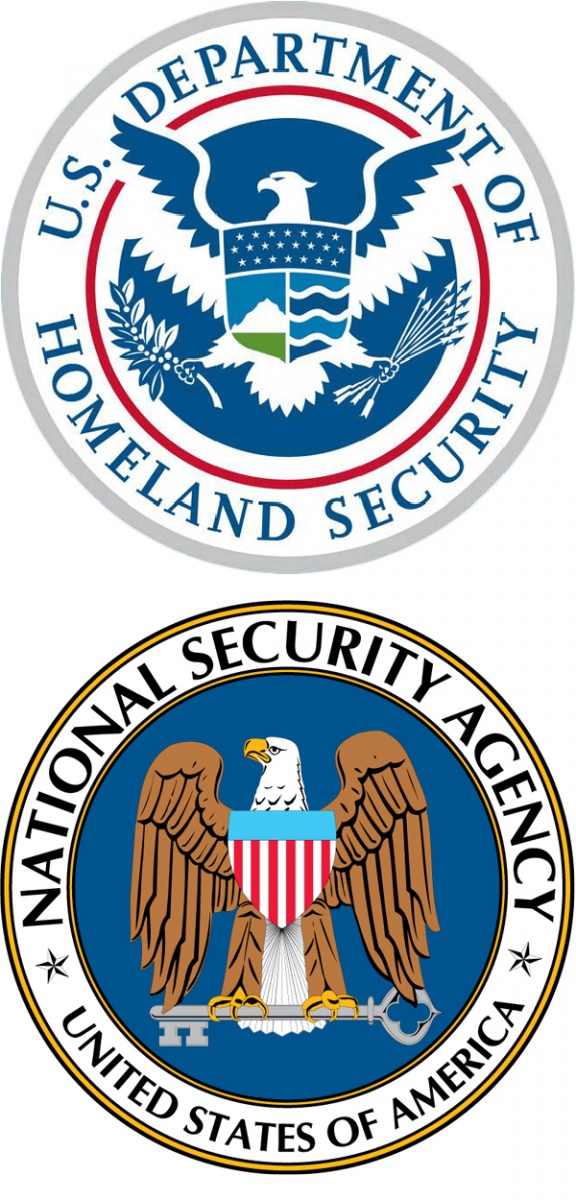  |
The National Security Agency and the Department of Homeland Security have designated the University of New Hampshire as a National Center of Academic Excellence in Cyber Defense Education (CAE-CDE). UNH is the first institution in the state to earn this prestigious designation, which recognizes the university’s commitment to cybersecurity education.
“This designation acknowledges that New Hampshire’s flagship public institution is on the forefront of workforce development for the high-demand cybersecurity field,” said Mike Decelle, dean of UNH Manchester. “UNH is proud to be a leader in cybersecurity education, which is crucial to the future of national security.”
Developing a cybersecurity workforce is an important part of the White House’s national cyber strategy. Karen Leuschner, national CAE program manager for the National Security Agency, noted in the CAE-CDE designation award letter to UNH that education is key in building a highly skilled cybersecurity workforce.
“(UNH’s) ability to meet the increasing demands of the program criteria will serve the nation well in contributing to the protection of the National Information Infrastructure,” Leuschner wrote.
UNH earned the designation based on its homeland security bachelor’s degree program, quality faculty, student activity in cybersecurity competitions and outreach to share cyber defense expertise with other organizations.
In addition to homeland security, UNH offers a bachelor’s degree program in computer science with a concentration in cybersecurity and master’s degree programs in cybersecurity engineering and cybersecurity policy and risk management (CPRM).
To further cultivate our future cybersecurity leaders and to more broadly engage relevant communities, UNH has created the UNH Center for Cybersecurity Leadership, Education, and Outreach (CCLEO). Aligned with the CAE-CDE designation, CCLEO will focus on cybersecurity education and training as well as external outreach and support to businesses and government agencies in New Hampshire and beyond.
Maeve Dion, assistant professor of security studies and coordinator of UNH’s fully online CPRM program, says CCLEO will highlight faculty and student research, offer opportunities for collaboration and provide cybersecurity resources for academia and industry.
“CCLEO will offer resources to manage strategic and mission risks, ensure better resilience, establish comprehensive and efficient policies and design effective systems for responding to cybersecurity incidents,” Dion said.
UNH is proud to be a leader in cybersecurity education, which is crucial to the future of national security.
On the technical side, CCLEO will help engineering and computer science students develop the skills needed to build security into software, devices and networks. Mihaela Sabin, professor of computer science and chair of the Applied Engineering and Sciences Department at UNH Manchester, says CCLEO will also support UNH’s future efforts to expand its cybersecurity research.
“Data and system security are critical in our connected world, in virtually every industry,” Sabin said. “CCLEO will support the faculty, student and industry research needed to stay on the pulse of, and find solutions to, today’s cybersecurity challenges.”
UNH’s long-running, Durham-based Cyber Security Club will also be a part of CCLEO. Ken Graf, club leader and instructor of computer science at UNH’s College of Engineering and Physical Sciences, was instrumental in spearheading the CAE-CDE application effort. He says the club gives students hands-on practice in labs and in regional and national competitions.
“The club brings together students from a range of technical disciplines to discuss and practice today’s cybersecurity concepts, from secure coding to network security,” Graf said. “The purpose is to give students the skills and resources to advance their careers, and CCLEO further supports that effort.”
Experiential learning is also incorporated into the homeland security, CPRM and cybersecurity engineering programs. James Ramsay, professor of security studies who partnered with Graf to develop the CAE-CDE application, coordinates UNH’s homeland security program. He says students in these programs use capstone projects, course assignments and internships to contribute to the cybersecurity and digital resilience of both private and public sector organizations, which better prepares students to be successful after graduation.
“Graduates of our programs are already uniquely positioned for careers in intelligence, counter-terrorism, law enforcement, risk management, emergency management and cybersecurity,” Ramsay said. “The CAE-CDE designation and the establishment of CCLEO will open even more doors for our students to pursue rewarding careers in the public and private sectors. CCLEO will also enhance UNH’s commitment to the local and state economy and workforce empowerment.”
-
Written By:
Kassidy Taylor | Marketing & Communications, UNH Manchester | kassidy.taylor@unh.edu



















































